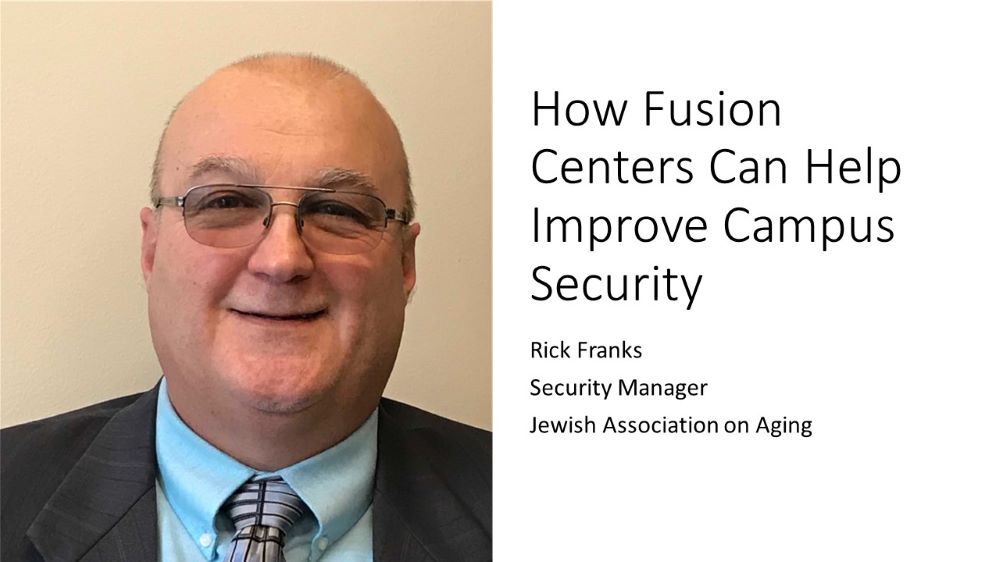For years now, Campus Safety has stressed the importance of campus security departments sharing with and receiving from others in their communities and regions intelligence and information on possible threats. Those other campuses include other hospitals, schools, and universities, as well as organizations like houses of worship, entertainment venues, local utilities, and the like.

Campus Safety Voices, available on Spotify and Apple streaming platforms, features timely conversations on a wide range of topics affecting K-12 schools, institutions of higher education, and healthcare facilities.
If you’re in law enforcement, a lot of your information sharing infrastructure is probably already available to you and is fairly easily accessible. But if you’re in a private organization that has a non-sworn security department, tapping into the information that other organizations may have in your area might be more challenging.
Fortunately, there are fusion centers all around the country that can help all kinds of private organizations get the criminal intelligence they need to keep their campuses safe.
For example, Rick Franks, who is security manager for the Jewish Association on Aging as well as one of this year’s Director of the Year finalists, serves as a private sector fusion liaison officer to the Western Pennsylvania and Region 13 Information Process and Criminal Intelligence Center (PaCIC).
“The fusion centers are like a huge puzzle room,” Franks explained to me before our interview. “Imagine 15 large tables with puzzles in various states of completion. These fusion centers are staffed with criminal intelligence analysts from all levels of law enforcement, and IT analysts and legal analysts. It is their job to put these puzzle pieces together and formulate an intelligence product that can be shared with the appropriate agencies to prevent or investigate a pending or possible incident.”
In my interview with Franks, he addresses the following topics:
- What exactly is the Western Pennsylvania and Region 13 information processing and Criminal Intelligence center: 1:53
- Where other fusion centers are located: 2:53
- Why his organization works with its local fusion center: 3:05
- His role as the fusion liaison officer for the Jewish Association on Aging: 4:45
- The results of his participation in PaCIC: 10:35
- Advice for other healthcare facilities wanting to get involved in something like the PaCIC or the equivalent in their areas: 7:31
[promo_content slug=”2022-campus-safety-director-of-the-year-winner-announcement-at-csc”]









